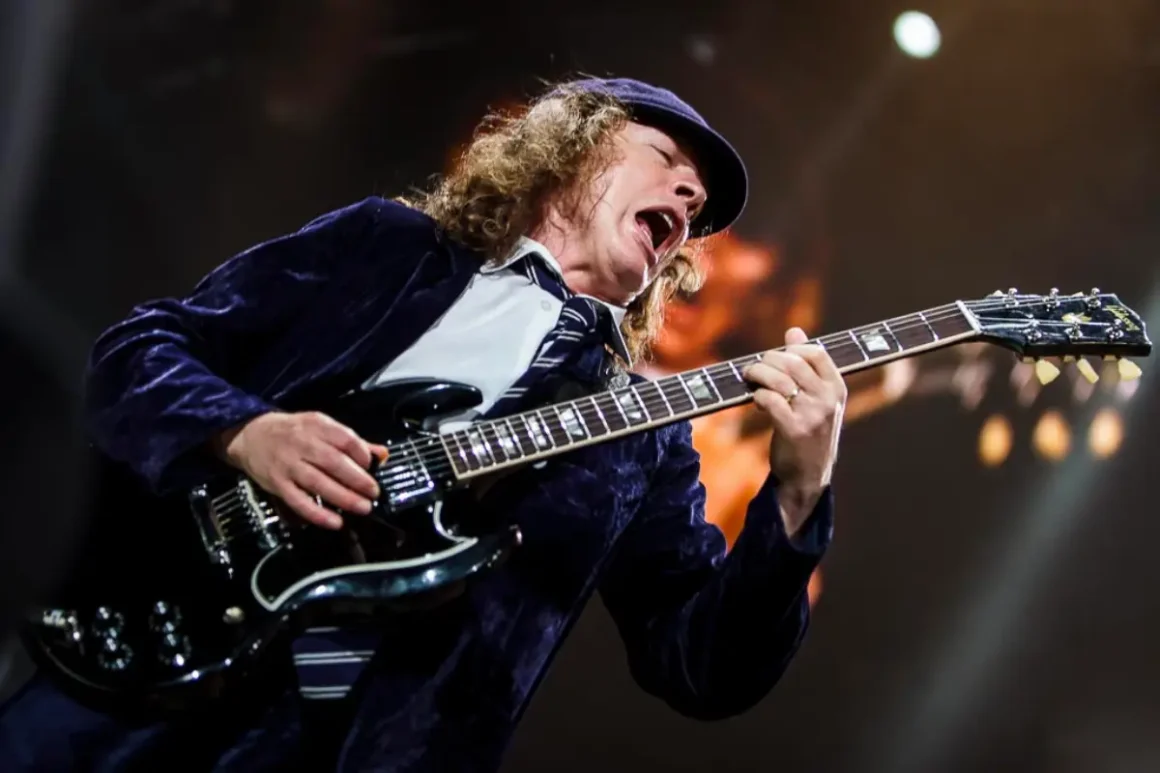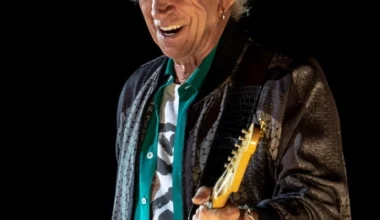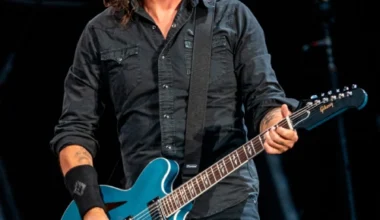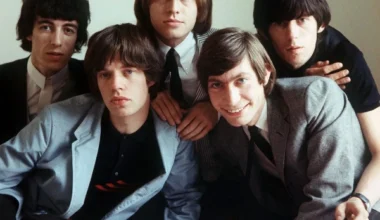AC/DC has always kept rock and roll pure and powerful. While some casual fans might have dismissed the band as overly simple, the Young brothers’ groove became a rock blueprint, influencing bands from Metallica to Green Day. Yet Angus Young, AC/DC’s lead guitarist, never put much stock in newer music trends—and he didn’t feel the need to.
For decades, Young followed AC/DC’s tried-and-true approach: “If it ain’t broke, don’t fix it.” With each album, AC/DC stayed in their lane, keeping the music straightforward and hard-hitting. So when new bands came along, Young wasn’t particularly impressed.
His first critique was aimed at Led Zeppelin, which he saw as a tired attempt at rock and roll that failed to energize audiences. And when the punk movement exploded, AC/DC might have seemed like a natural fit for the genre, given their fast tempos, rebellious attitude, and loud guitars. But Young’s views were less than enthusiastic.
Young only had one encounter with the Ramones, saying, “I only heard them once; I heard a song, and it did nothing. It seemed to me like the first band I was ever in, and I’m sure even that was better—and was when I was 12.”
While the Ramones simplified rock for quick, satisfying two-minute songs, Young dismissed it as a rehash of what bands like The Small Faces had already done.
Young’s disdain wasn’t just about the music; he also took issue with punk’s attitude. Reflecting on the behavior of some punk bands, he said, “I don’t know if you remember when Steve Marriott used to come on and wipe his nose and spit in his hand, pour beer over the crowd, and the whole thing like that. They can do all that—it’s pretty easy for a guy to go up there and do all that, but they can’t play.”
Yet Young wasn’t a stranger to wild stage antics himself. Known for his electrifying stage presence, he’d often transform into a rock-and-roll maniac, outshining most punk rockers. While punk embraced raw aggression, Young showed that real musicianship and raw energy could coexist on stage—no gimmicks required.







